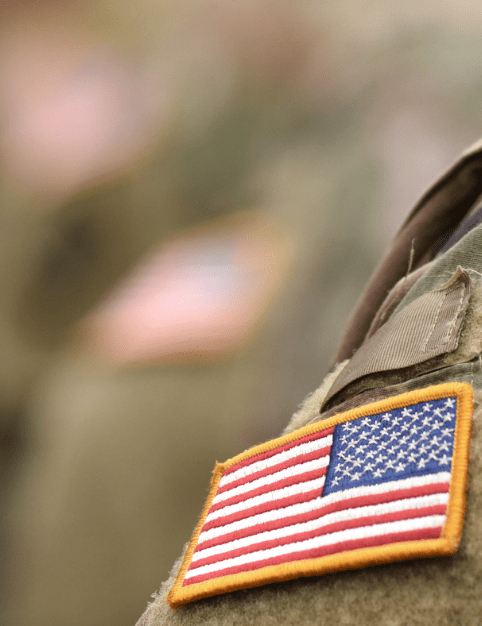
Disability compensation is a monetary benefit which is paid to veterans who are disabled by an injury or illness that was incurred or aggravated during active military service.
Eligibility for VA Disability Compensation
To qualify for VA disability compensation a veteran must have a current physical or mental condition and the veteran must:
- Have served on active duty, active duty for training, or inactive duty training; and
- Have a disability rating for your service-connected condition; and
- Became a sick or injured while serving in the military and can link this condition to their current condition; or
- Had an illness or injury before you joined the military and it worsened in service; and
- Have a disability to your active duty service that did not appear until after their service ended
Conditions that Qualify for VA Disability Compensation
The VA offers disability compensation for thousands of conditions, both physical and mental. A veteran may be able to get VA disability benefits for the conditions including, but not limited to:
- Chronic back pain resulting in a current diagnosed back disability
- Breathing problems resulting from a current lung condition or lung disease
- Hearing loss
- Scar tissue
- Loss of range of motion
- Ulcers
- Cancers cause by contact with toxic chemicals or other dangers
- TBI
- PTSD
- Depression
- Anxiety
The VA Schedule for Rating Disabilities is made up of 15 different categories based on various bodily systems. Under this there are thousands of conditions eligible for compensation.
Conditions that Do Not Qualify for VA Compensation
Although VA disability compensation does cover a wide range of issues, there are a number of conditions that do not qualify. The VA does not consider some psychiatric conditions to be related to military service due to the nature of the disorder, such as:
- Personality Disorders. These conditions are marked by lifelong behavioral patterns that typically do not change. This means that military service cannot cause a personality disorder.
- Substance Abuse Disorder. The VA does not directly grant service connection for substance abuse disorders. However, veterans can be service connected on a secondary basis for disabilities that are caused by substance abuse due to a service-connected condition.
- Impulse Control Disorder.
- Cognitive Delays and Developmental Disabilities.
Veterans Help Group have been supporting veterans in getting the benefits they deserve since 1995. Veterans Help Group at 855-855-8992 or complete our free veterans benefits case evaluation form.

How to Apply for VA Disability Compensation
It's one thing to know how to apply for VA disability compensation. It's another to understand the...

What is the VA DBQ?
What is the VA DBQ? A VA Disability Benefits Questionnaire (DBQ) is a form used to convey...

Most Commonly Approved VA Disability Claims
Most Commonly Approved VA Disability Claims Veterans receive VA disability benefits for a wide...





